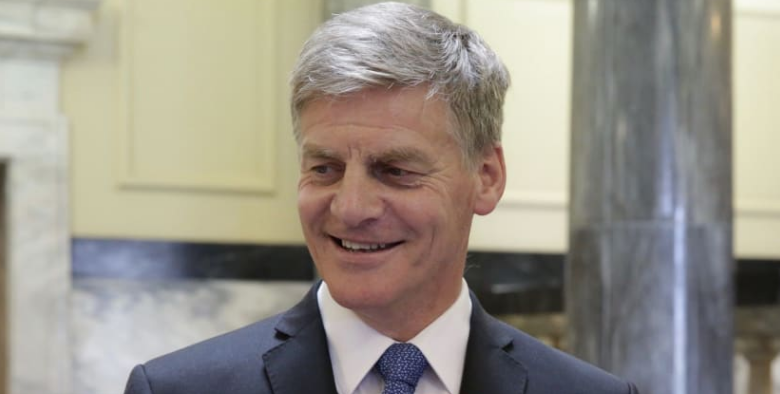
The review panel will also include Simon Allen and Ceinwen McNeil and report back to government by the end of March next year.
Housing Minister Chris Bishop announced the move on Monday while fronting the media at the weekly post-Cabinet media briefing.
The review would cover Kāinga Ora's financial situation, procurement and asset management, with Bishop saying he was deeply concerned about its operating deficit.
"It is critical that Kāinga Ora is focused on efficiently building social houses for people in need while also delivering value for taxpayers' money, and this review will be able to provide recommendations to ensure that these objectives are being met.
"The Crown Entity has total assets of $45 billion and annual expenditure of $2.5 billion ... a recent report by the Treasury and Ministry for Housing and Urban Development found that Kāinga Ora's level of debt had grown from $2.7 billion in 2018 to $12.3 billion in June of this year.
"Advice released last year suggests that if Kāinga Ora continues on its current trajectory, their debt would reach $28.9 billion by 2033."
Since leaving politics Sir Bill has started social sector businesses with his family and works as a commercial and not for profit director in Australia and New Zealand.
Allen led investment bank BZW/ABN AMRO in New Zealand for 21 years and helped deliver the ultrafast broadband rollout to New Zealand.
McNeil is president of non-profit consulting firms' organisation ACE NZ and has 25 years' experience as a strategy adviser.
Concern over governance and management
Prime Minister Christopher Luxon said of the review: "We all use public services but some New Zealanders have higher needs than others and one place where that is obvious is in social housing. You're all familiar with the story of higher rents - up over $180 a week under Labour, pushing more people onto the waiting list for social housing.
"There is a lot of complexity in housing, some of the most vulnerable New Zealanders depend on Kāinga Ora and it's important to understand what's going on there."
The government was concerned about the governance and management of an asset which is socially and economically important to New Zealand, Luxon said.
"With $45 billion worth of property - roughly around 8 percent of Crown assets - it's important for the Crown's balance sheet too and its debt trajectory is frankly quite concerning."
He said it was a familiar story of the previous Labour government hiring more people to produce worse results.
Bishop who also attended the briefing says it's essential that the government has a high degree of confidence in the operation of Kāinga Ora.
He says the level of debt is "obviously a worry" and he's also deeply concerned about the operating deficit, which is forecast to continue to increase.
"This deficit has a direct impact on OBEGAL (operating balance before gains and losses) and continues to put pressure on the return to OBEGAL surplus."
Bishop says Treasury provided additional advice about Kāinga Ora but the government will look to release as much as they can as the review gets finalised.
"Bearing in mind Kāinga Ora is a $45 billion entity, it has significant private borrowings, and so there is some information that is commercially sensitive but as much as we can make public we will."
He said he's been advised Kāinga Ora is solvent, but "I'm also advised that there are worrying trends in the financial performance".
Bishop pointed to an increase in back-office staff which "has not necessarily flowed through to better outcomes, both in terms of construction of houses but also tenancy management."
"Kāinga Ora no longer borrows in its own right ... but it is true to say that over the last few years they've had significant private borrowings. That will be one of the issues canvassed by the review team."
The review is one of the items on the coalition government's 100-day plan.













